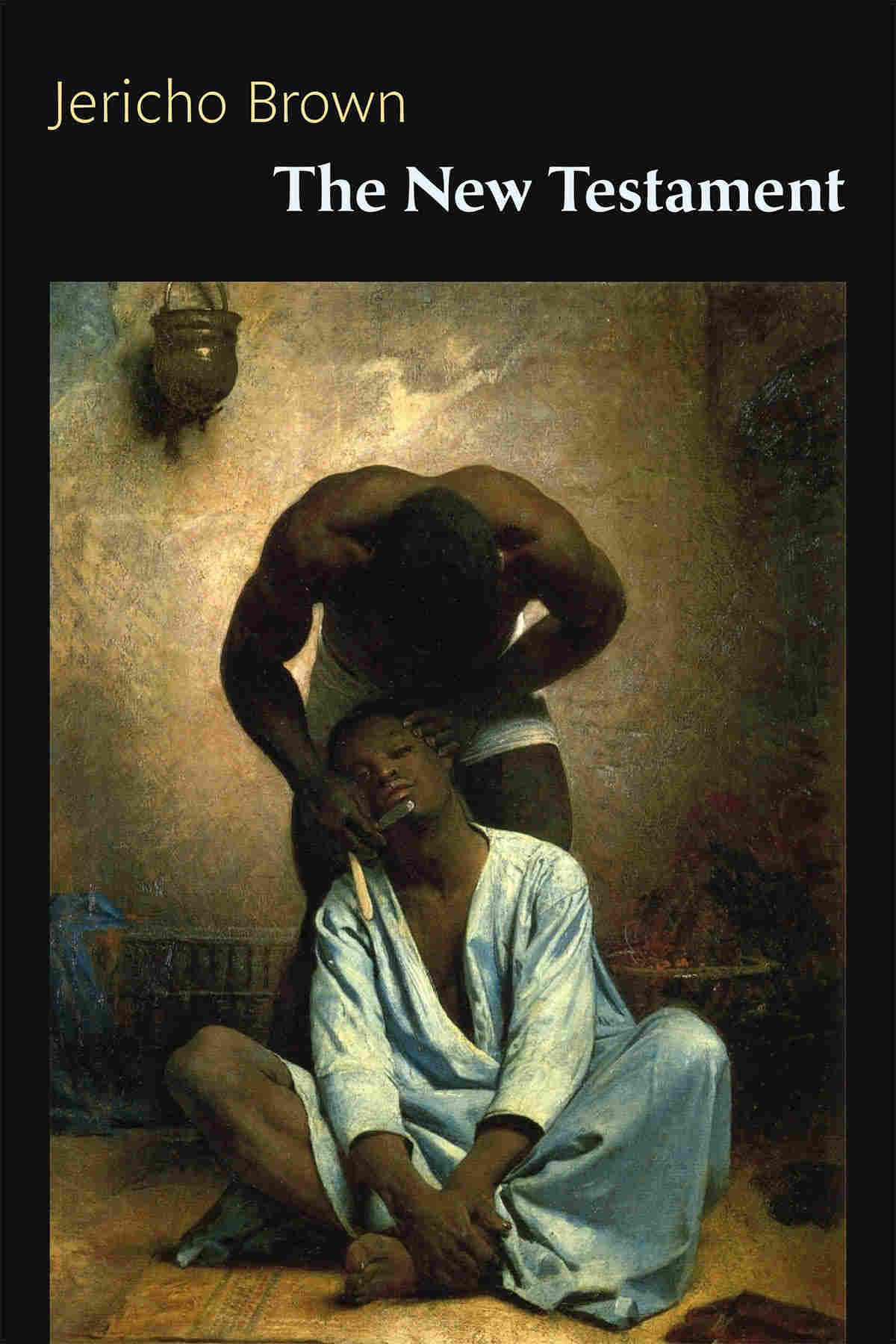
The New Testament is poet Jericho Brown’s gift to black men on how they can learn to love themselves and others despite living in a society that forcefully pushes back against those ideals. It is lyrical in its engagement with the life of one black man, identified throughout as Brown himself, allowing the poems to read more like entries in a diary – autobiographical and inviting. Brown, a Louisiana native and current associate professor in English and creative writing at Emory University, confronts the ways in which he has identified himself. Underlying biblical themes and narratives help Brown shape the structure of the book. Its three parts in which the speaker identifies his deficits, comes to terms with the losses, and envisions a future of heeling, invigorate the stages of healing black men must undergo to live sanely and love himself.
“Colosseum,” the collection’s first poem sets the stage, or arena for the entire book, is about the struggle of identifying and coming to terms with being a black man. Brown traces the strife that faces black Americans and admits that he “cannot locate the origin / Of slaughter” commencing his journey to “To get the living done.” The writing delves deeper into the problems that plague black communities in “Romans 12:1,” where Brown writes, “A certain obsession overtook / My body, or I should say, / I let a man touch me until I bled, / Until my blood met his hunger,” suggesting a multitude of interpretations from its reader, but mainly discussing love between men. One of the last themes that is introduced in the book’s first section threads into the story of Cain and Abel, who were the two sons of Adam and Eve. Brown identifies more with Cain, guiding us swiftly through the next sections by using this analogy subtly. We are introduced to Brown’s family life – what the collection analyzes lies at the core of love – a kinship yet to be explored.
In the poem “IV. Redirect,” we are given dialogue that seems like an interrogation that ends in acceptance: “And what about race? / What you call a color I call / A way.” Brown gives binoculars to confront racial divisions: aknowlege the problems. Poems like “Paradise” and “To Be Seen” juxtaposed remind readers of how they must confront their presumed-illusory paradise to be seen in this world, “We talk about God / Because we want to speak / In metaphors.” Close attention to the words enlightens Brown’s mission throughout the book, highlighting the journey of coming to love a body that has been beaten down.
The New Testament ends on a note that revives a forgotten past, “My mother shakes / Her head. My grandmother sighs: He ain’t got no / Sense. My grandmother is dead. / She lives with me,” but unapologetically claims it. In claiming the past, the “origin of slaughter,” Brown reclaims his present, the speaker’s lament and joy, his love for himself and for other men. It leaves the reader on edge, unable to grapple with feelings of both fear and hope, yet certainly ready for the journey.
Reviewed by: Emily Ramirez
